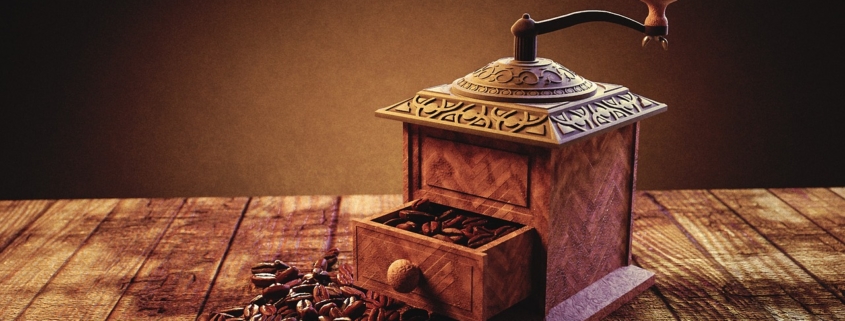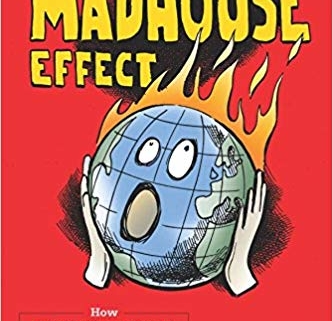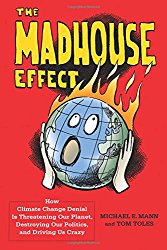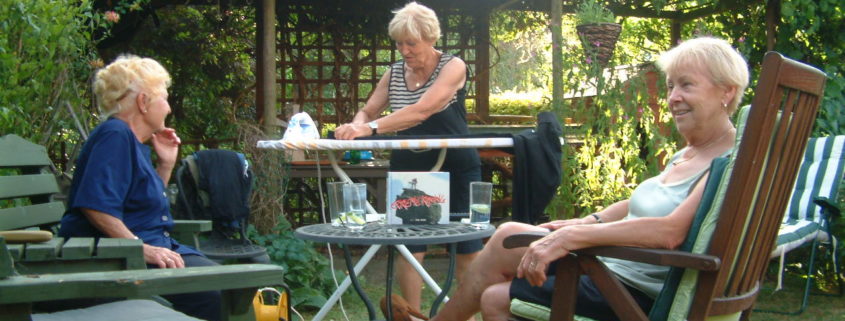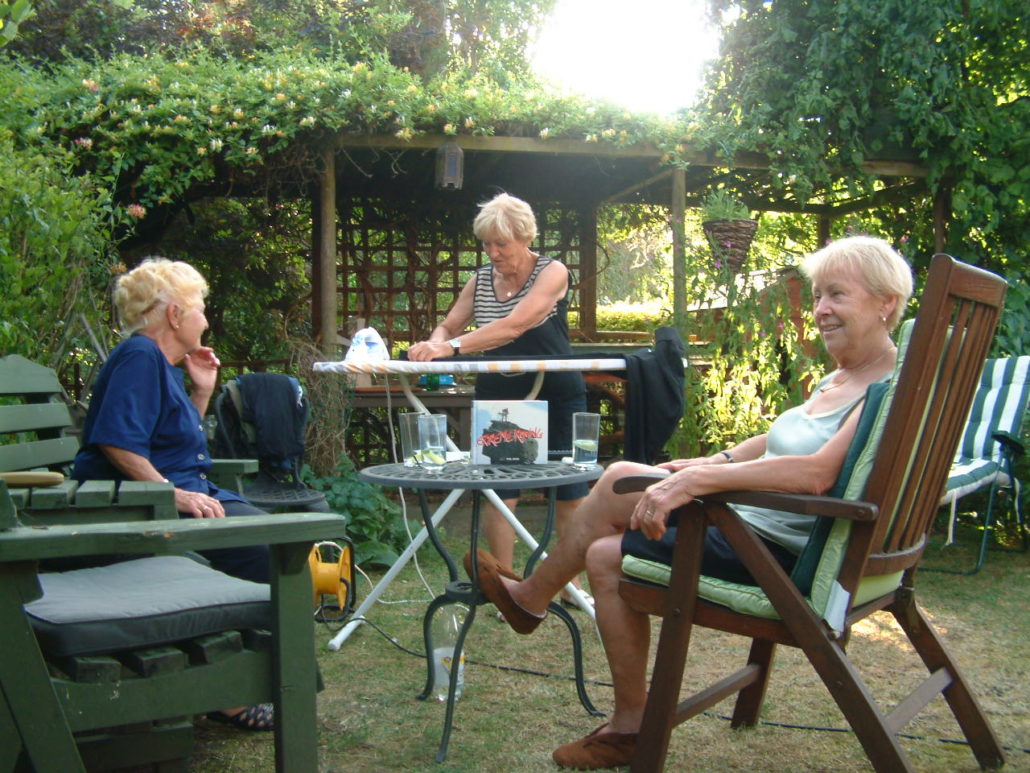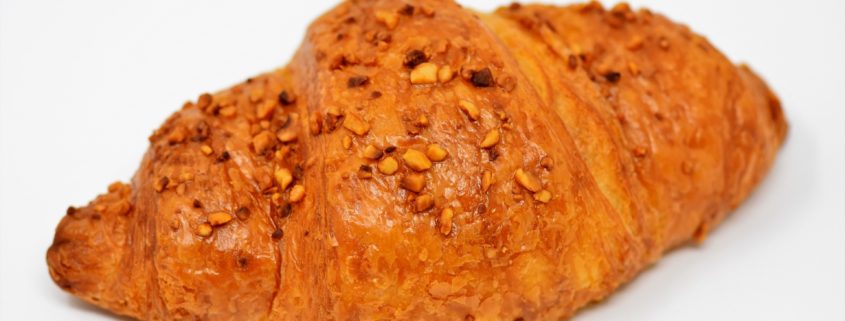Circa – circling around the abbreviation of an approximation in translation
German technical texts tend to be liberally littered with the abbreviation “ca.” to indicate that what follows should be read as an approximation. Usually our preference has been to render this Latin term for “about” or “around” as “approx.” when translating into English. This can, however, be awkward, as that may appear too long in tables and other contexts. Is there an alternative? If we seek an expert opinion, The New Oxford Style Manual has this to say on the matter:

“The Latin circa, meaning ‘about’, is used in English mainly with dates and quantities. Set the italicized abbreviation c. close up to any figures following (c.1020, c.£10,400), but spaced from words and letters (c. AD 44). In discursive prose it is usually preferable to use about or some when describing quantities”.




